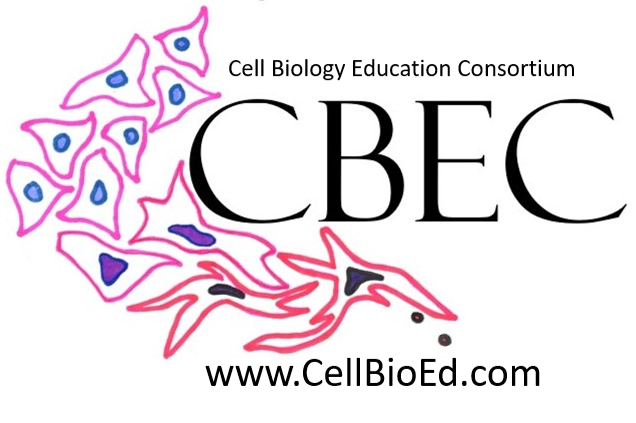This could be a single page with some buttons jumping down to the content sections or separate pages.
About the Project
For faculty to be successful in developing a research-based curriculum, they must have a viable research program themselves and the confidence to move their research into course-based labs. To address such needs, the Cell Biology Education Consortium (CBEC/www.cellbioed.com) created a comprehensive model that provides faculty with the resources they need to incorporate mammalian cell culture into the undergraduate classroom. By providing resources in the form of Cell Blocks, even inexperienced faculty members can successfully make a move. Cell Blocks consist of video protocols, written protocols, classroom implementation strategies, and assessments for common cell culture experiments.
Most current CURE initiatives focus on students conducting predefined projects; however, this often limits student creativity and the ability to scaffold research throughout a program's curriculum. Because Cell Blocks are all similarly formatted, they serve as mix-and-match modules, allowing faculty and students to develop projects that are of interest to them, relevant to their course content, and feasible at their institutions. In addition, Cell Blocks are freely available to everyone through the CBEC website, our YouTube channel, and Google Classroom. In this Symposium, faculty will discuss best practices and present examples for integrating research into the curriculum. By blurring the lines between the classroom and the research lab, the CBEC seeks to improve undergraduate research and positively impact science education.
Project Team
Nathan Reyna, PI
Ouachita Baptist Univerisity
Arkadelphia, AR
Lori Hensley, Co-PI
Jackson State University
Jackson AL
Kristen Johnson
University of New Hampshire-Manchester
Manchester, NH
